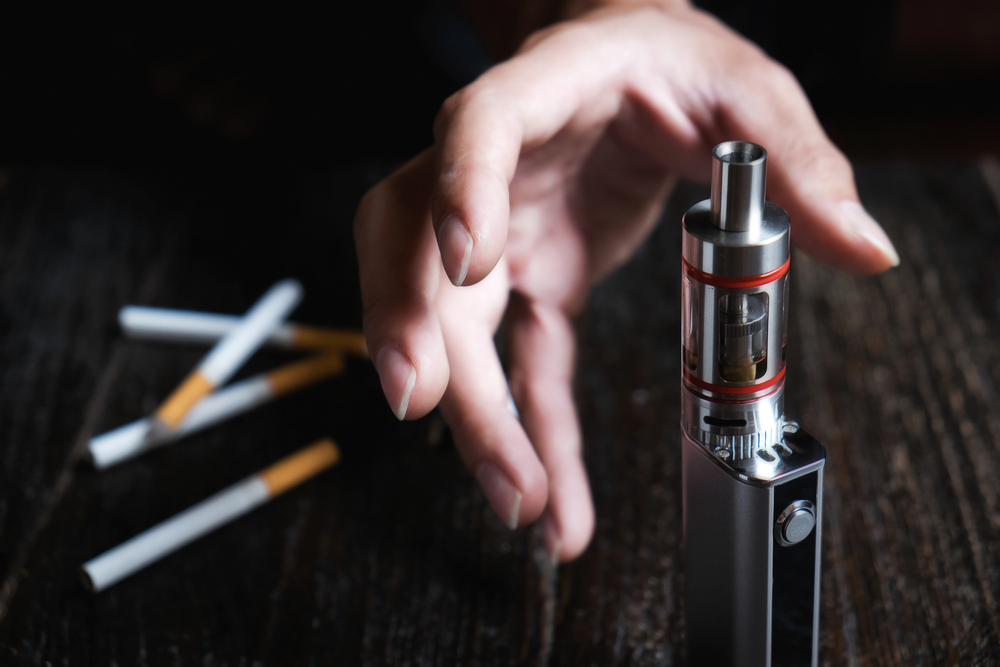Why did India miss a public health opportunity with the bans of e-cigarettes/ENDS/Heated tobacco products?
Efforts to deal with tobacco divide into two distinct camps. One is pragmatic and based on established principles of good public health practices. Like many successful efforts on other products and behaviours it focuses on practical measures to reduce risks. In the case of tobacco this has enormous potential since virtually all the risks are due to the way it is used rather than the nicotine people seek. The other approach is moralistic in nature, treating any tobacco or nicotine use as a sin and all use as equally bad.
Tragically, tobacco control efforts in India have adopted this moralistic framework. The new technologies that are much lower risk than established products are much easier to ban as their backers have far less political clout, so we have the seemingly absurd result that policies supposedly justified on health grounds protect the established market for unnecessarily lethal products. Thus, disease and death rates will continue to be far higher than need be the case. It is akin to banning sanitary foodstuffs, water purification systems, or replacements for open fires for cooking food without considering the totally foreseeable result that people will continue using the more dangerous alternatives.
From the standpoint of those with an abstinence-only moralistic orientation, banning low risk alternatives to cigarettes is a victory. From the standpoint of public health, it is a catastrophe.
How has the Covid-19 pandemic reinforced the need for Govt to reassess the need for reduced harm products and consider safer alternatives to smoking?
Covid-19 has reinforced the importance of governments and public health authorities being trusted by the public. This requires open, truthful, communication on risks and ways to control risks. It also requires the application of basic public health principles, such as understanding the lived experiences of those at risk and empowering them to make better personal health decisions.
Actions on tobacco and nicotine that do not meet this standard, such as banning low risk alternatives to products used by a huge number of people, risks further undermining trust in government and public health officials. That is not just a tragedy for people who use nicotine, but a barrier to effectively dealing with other pressing health issues.
How have other countries successfully developed their tobacco control policies incorporating safer alternatives as part of the programme?
A few countries such as the UK have actively pursued tobacco control policies incorporating safer alternatives as part of their tobacco control policies. Where safer alternatives have been allowed and consumers can get information on the advantages of such products the results are often dramatic. In Japan for instance, cigarette sales in the first quarter of this year were down by over 40% compared to just five years earlier, coinciding with the switch to products that do not require the inhalation of toxic smoke.
Why is there a need for Govts to consider policy-making to give consumers the freedom to choose safer alternatives?
We have the science, technology and consumer interest necessary to create one of the biggest breakthroughs in the history of public health.
These products could relegate toxic tobacco products to the history’s ashtray.
Science, reason and humanism tell us that consumers should be empowered to switch to lower risk products. Examples from other countries show that product substitution is the most powerful tool we have for very rapidly reducing the use of toxic tobacco products. We need to focus on tackling tobacco caused disease not by incisions by surgeons but by decisions by health bodies and politicians.
David T. Sweanor J.D., serves as:
Chair of the Advisory Board, Centre for Health Law, Policy & Ethics, University of Ottawa
Adjunct Professor, Faculty of Law, University of Ottawa
Global Leadership Council, Boston University School of Public Health
David T. Sweanor J.D can be reached at dsweanor@uottawa.ca



